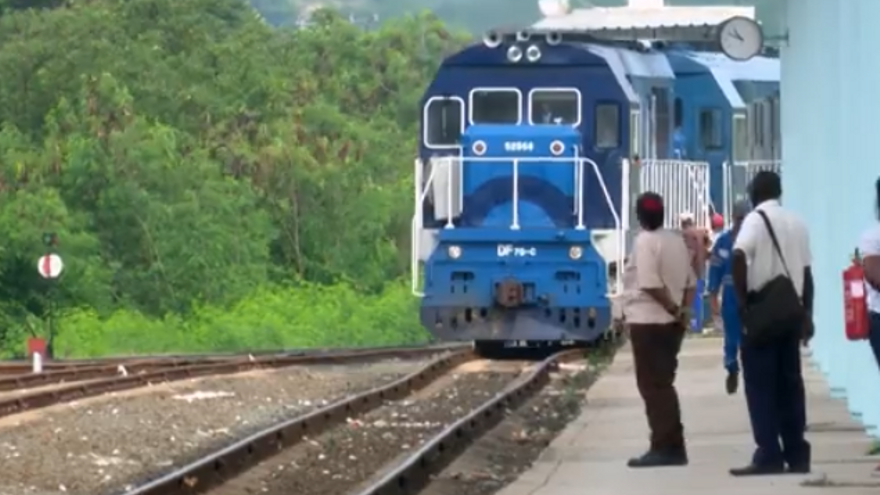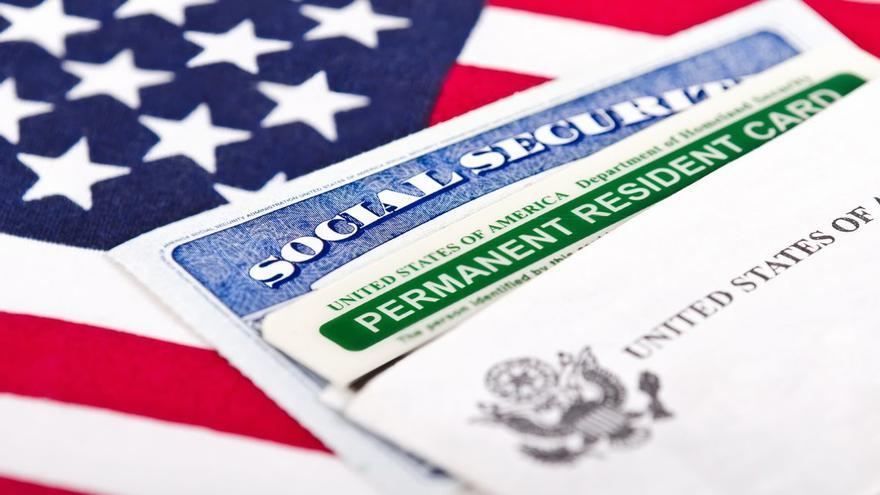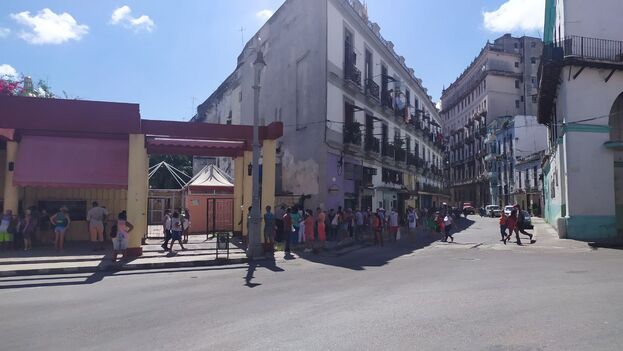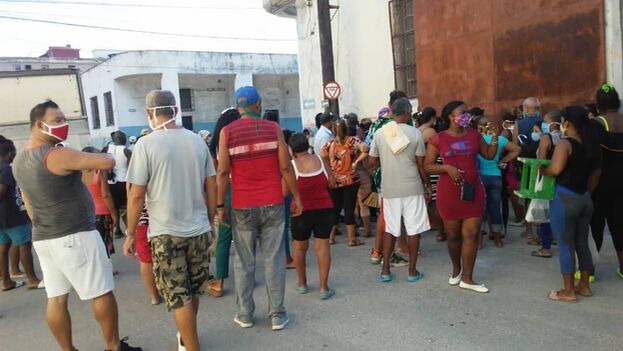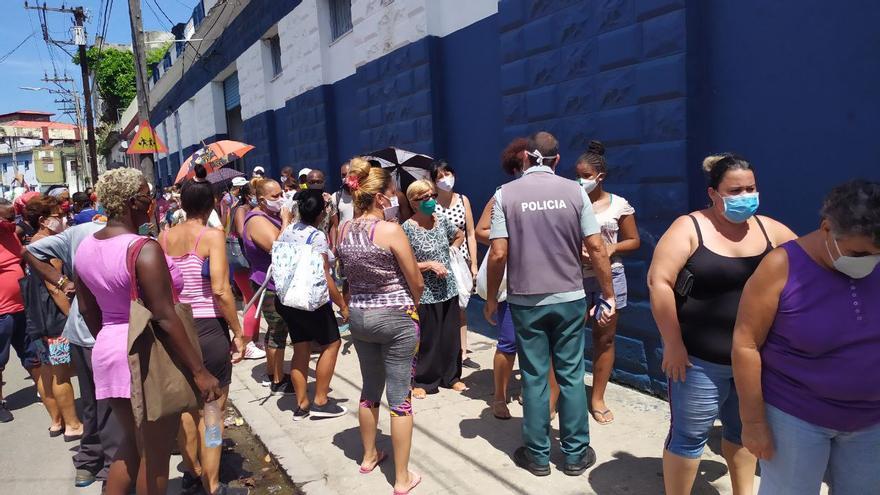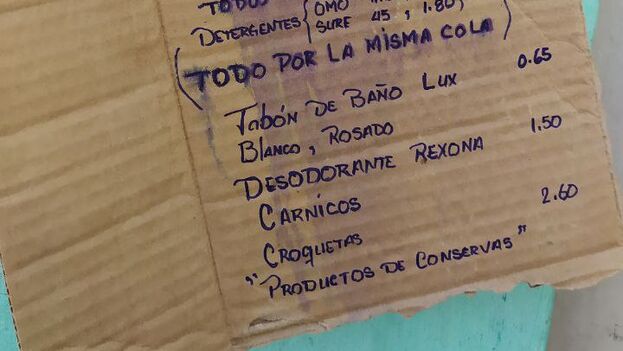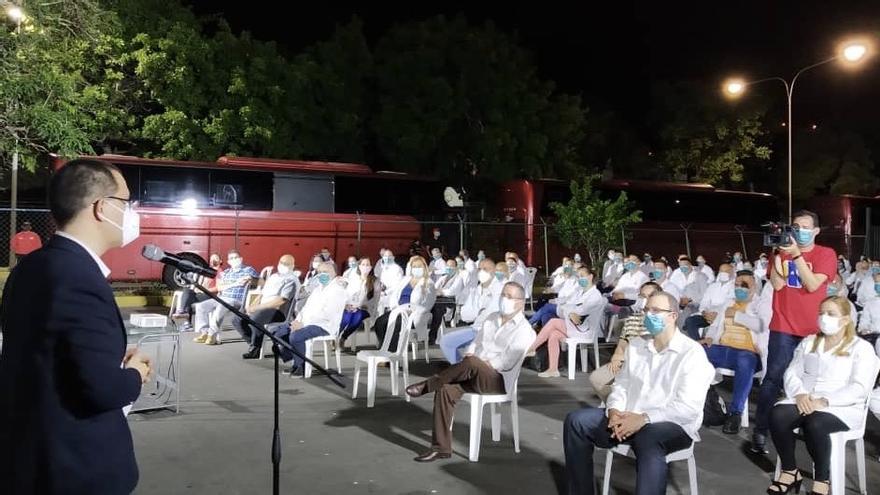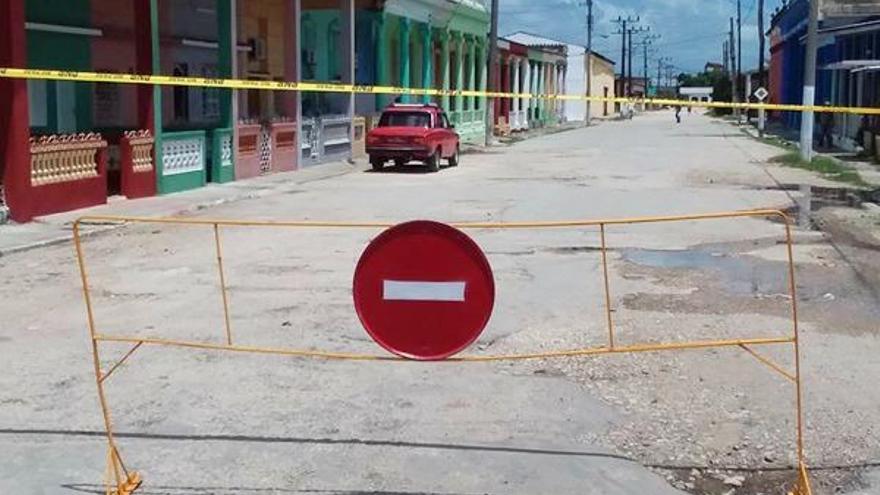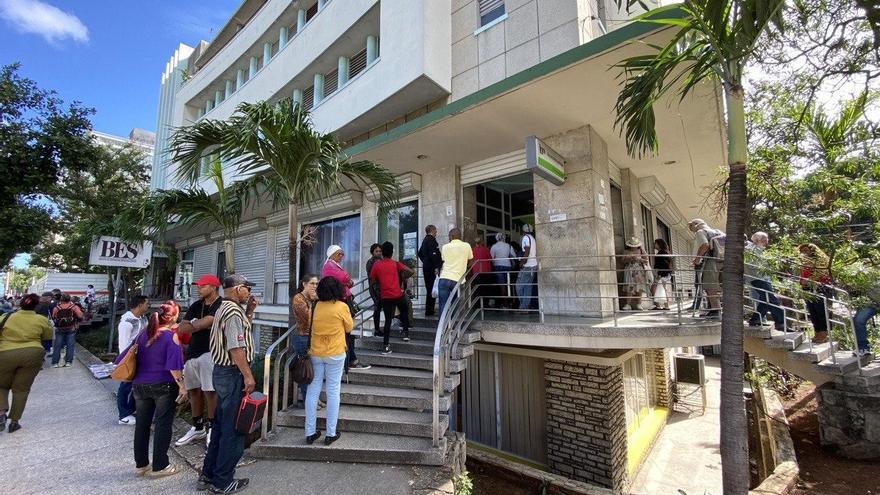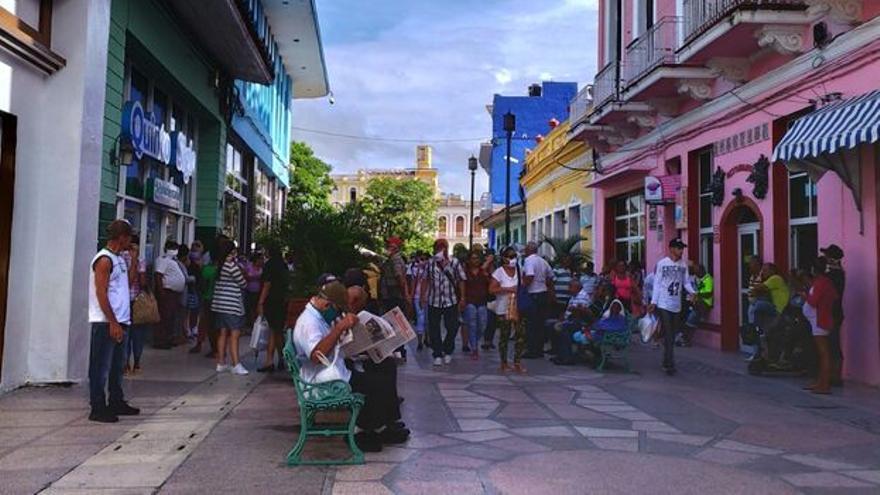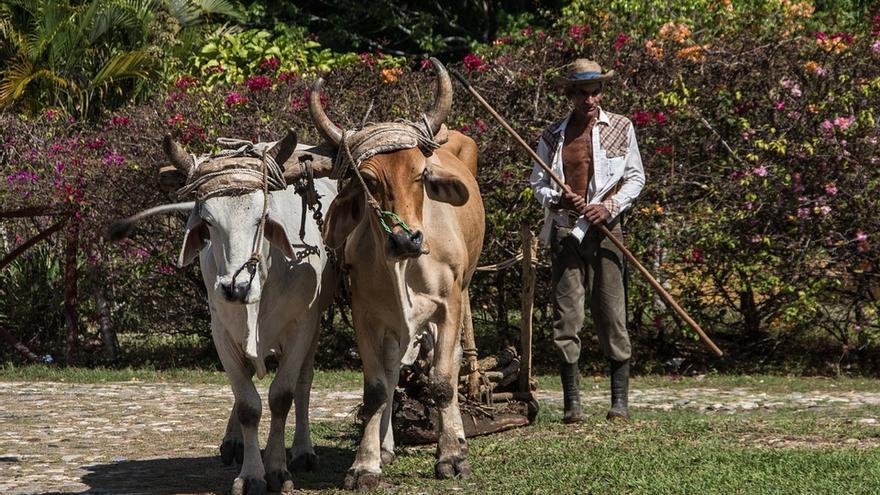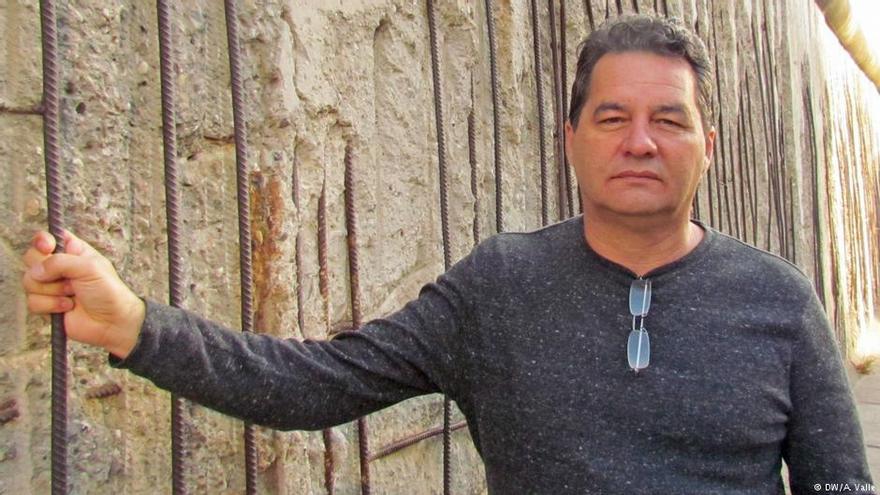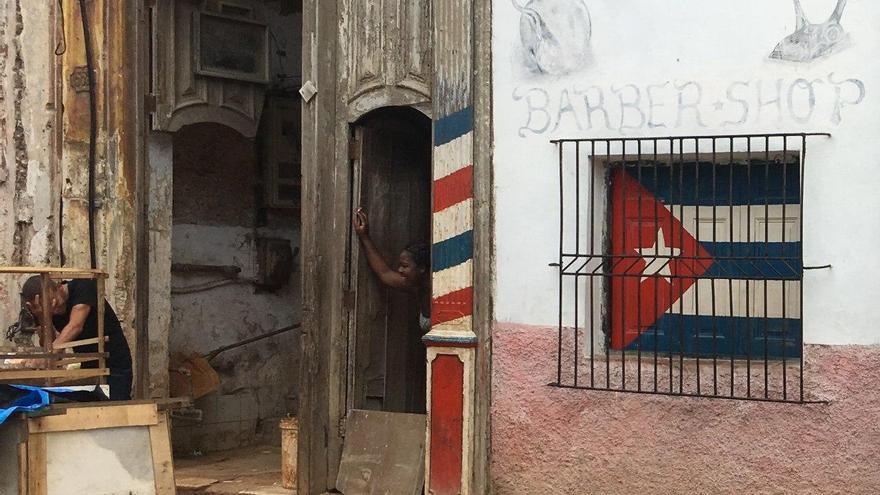
![]() 14ymedio, Reinaldo Escobar, Havana, 22 August 2020 — In one of his most recent speeches, Miguel Díaz-Canel referred, among other issues, to “the Economic Strategy designed to face the crisis situation generated by the pandemic,” and saw the need to make it clear that “in its implementation it will be demonstrated that we do not abandon the bases of the Revolution, nor do we separate ourselves from its principles.”
14ymedio, Reinaldo Escobar, Havana, 22 August 2020 — In one of his most recent speeches, Miguel Díaz-Canel referred, among other issues, to “the Economic Strategy designed to face the crisis situation generated by the pandemic,” and saw the need to make it clear that “in its implementation it will be demonstrated that we do not abandon the bases of the Revolution, nor do we separate ourselves from its principles.”
In what has been described as “an important meeting,” by videoconference, with the highest authorities of the provinces and the special municipality of Isla de la Juventud, the president once again wielded the demand as a formula to solve problems with coleros (people whom others pay to stand in line for them), resellers and hoarders, He also referred to the energy situation, the pandemic and food production.
Accompanied by José Ramón Machado Ventura; the Vice President of the Republic, Salvador Valdés Mesa, and the Prime Minister, Manuel Marrero Cruz, from the Palace of the Revolution, Díaz-Canel announced that with the confrontation with coleros and resellers, which has occupied more than 23,000 people, more than 7,000 offenders have been prosecuted, especially in Havana, Granma, Holguín, Ciego de Ávila, Artemisa and Mayabeque. continue reading
Advertisements on internet sites to sell merchandise were defined as new methods in use by resellers, while criticism for the excesses committed was labeled “attempts by the enemy to discredit us, which shows that they have acted with hatred.”
After referring to the fragility of electrical energy supplies and urging savings against waste, the President of the Republic indicated, without noting the causes, that despite Cuba’s nature as an agricultural nation, this is one of the country’s most backward sectors.
One wonders to whom it will be necessary to demonstrate that the implementation of the measures demanded could imply an “abandonment of the bases of the Revolution, or a separation from its principles.”
Perhaps “working with more agility in the implementation of new forms of production” or creating “novel incentive systems for producers” may seem to someone an abandonment of the bases or a separation from principles, or the problem is that “all this it must be presented and implemented immediately “without so much gradual parsimony, turning on its head the Raulist motto of “Without haste but without pause,” giving us “In a great hurry and without any pause.”
Or is it that a “transformation of the production model” cannot be translated into Marxist terminology as a “change in the mode of production,” and the call to “break the criterion that everything is going to come from a national Plan” does not undermine the rigid dogma of socialist planning?
The principles that Díaz-Canel does not wish to separate from have nothing to do with what he learned at the National School of the Ñico López Party during the Political Economy of Socialism classes, but with the cardinal lesson of Fidelism, which consists in changing everything that must be changed in order to remain in power. The bases of the revolution that it cannot abandon are not related to the extreme protection of a supposed social justice, but to the maintenance of a repressive system that denies any alternative to political dissent.
But one can’t play irresponsibly with the words. The battered revolutionary terminology is not enough to cover the harsh reality. What is being discussed on the street is not when the Cuban peso will have value again, but when they will accept the dollar as a circulating currency. Nobody cares about how the coleros will be eliminated, they want to know how the markets will be filled.
The cynical agreement that in Cuba the openings are not so open nor the closings so closed has a limit. Through the next doors that are unlocked in order to survive, sooner or later the Trojan horse of the opening will enter.
_______________________
COLLABORATE WITH OUR WORK: The 14ymedio team is committed to practicing serious journalism that reflects Cuba’s reality in all its depth. Thank you for joining us on this long journey. We invite you to continue supporting us by becoming a member of 14ymedio now. Together we can continue transforming journalism in Cuba.


